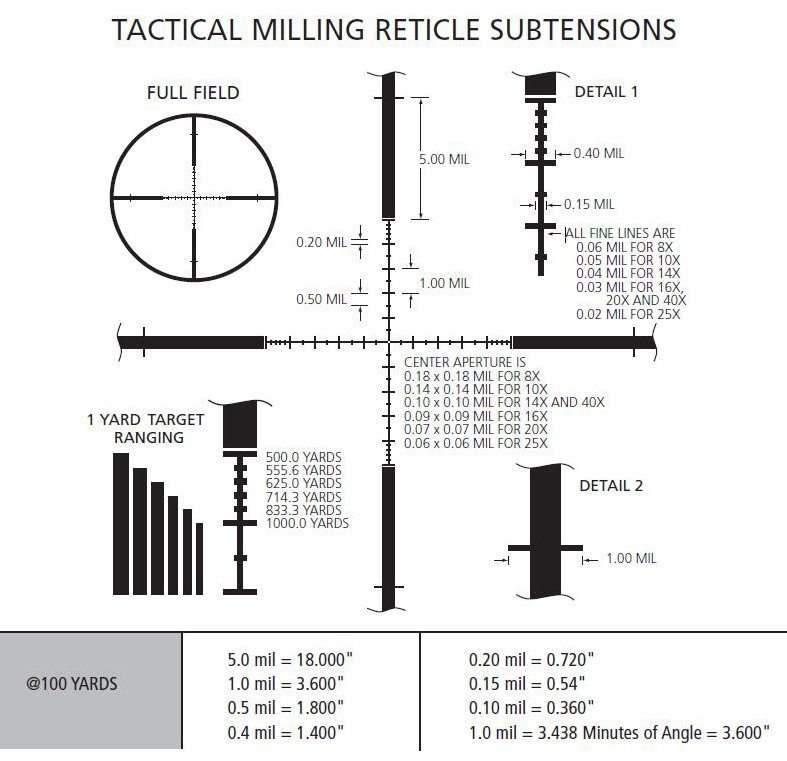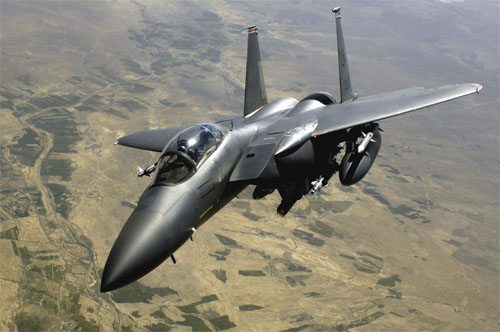Counterpunch.org, In 2005, the United States has become Communist Vietnam's single-largest trading partner. Vietnam's products permeate US stores. But the “Vietnam War trauma” remains central to US politics. Note how the Vietnam service record of presidential candidates became a contentious issue in the 2004 elections. People don't overcome traumas unless they understand them.
Since public education provides citizens with minimal context, we rely on mass media to reach into its collective attic and drag out “Fall of Saigon” stories. However, when the commercial press pushes the anniversary method of history teaching, the public tends to divorce rather than engage with its past connections.
Personal anecdotes overwhelm analysis. Relatives of dead soldiers weep at Washington's Vietnam Wall; others relive battles and deaths of comrades. Few media presentations offer the past as a way to learn for the future.
As the US occupations of Iraq and Afghanistan continue down their bloody paths, we should study the lessons of The Vietnam War. Vietnamese refer to that period between the early 1960s and April 1975 as “The American Phase.” They suffered periods of foreign domination by Chinese, Japanese and French occupiers who, unlike the Americans, learned the painful lesson of trying to subdue and occupy that land.
US leaders adamantly refuse to learn that some people, like Koreans, Vietnamese and Iraqis, for examples, do not submit to force and brutality. How to teach that simple lesson? Teachers will have shared the experience of trying to educate students who have not ingested their own history. Instead of inculcating historical context from first grade on, US students learn a kind of patriotic mythology disguised with words like “unbiased”









